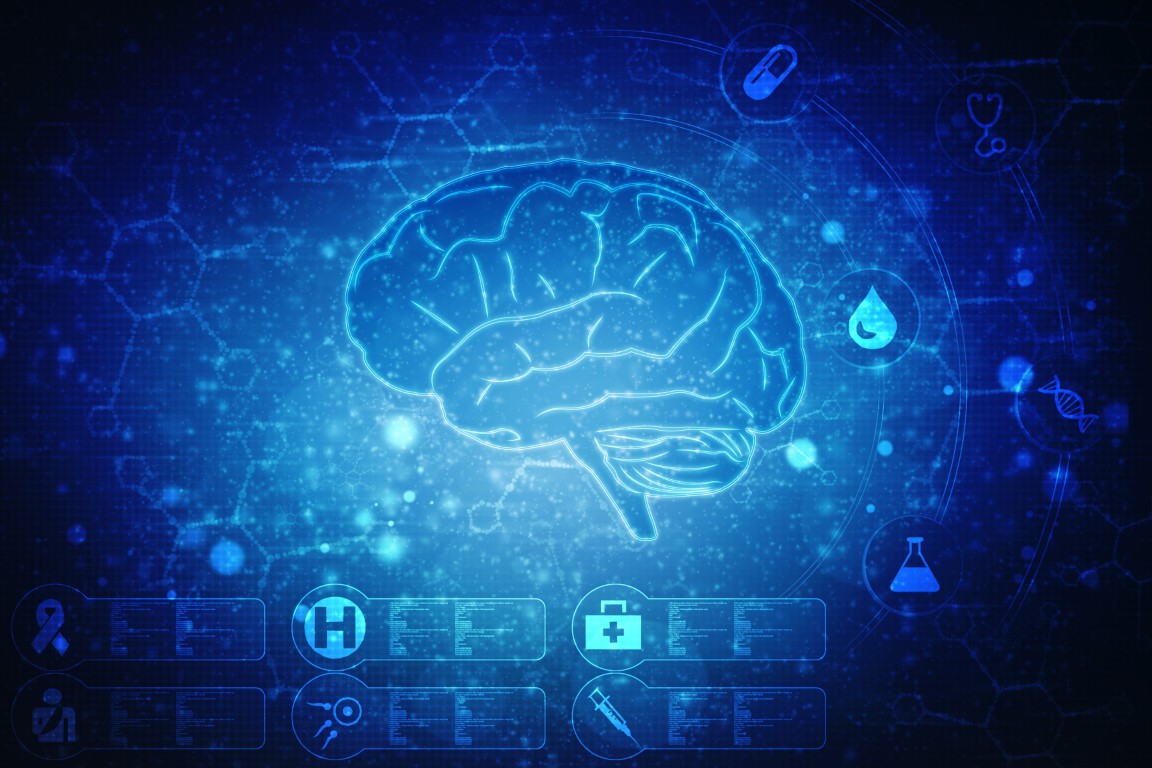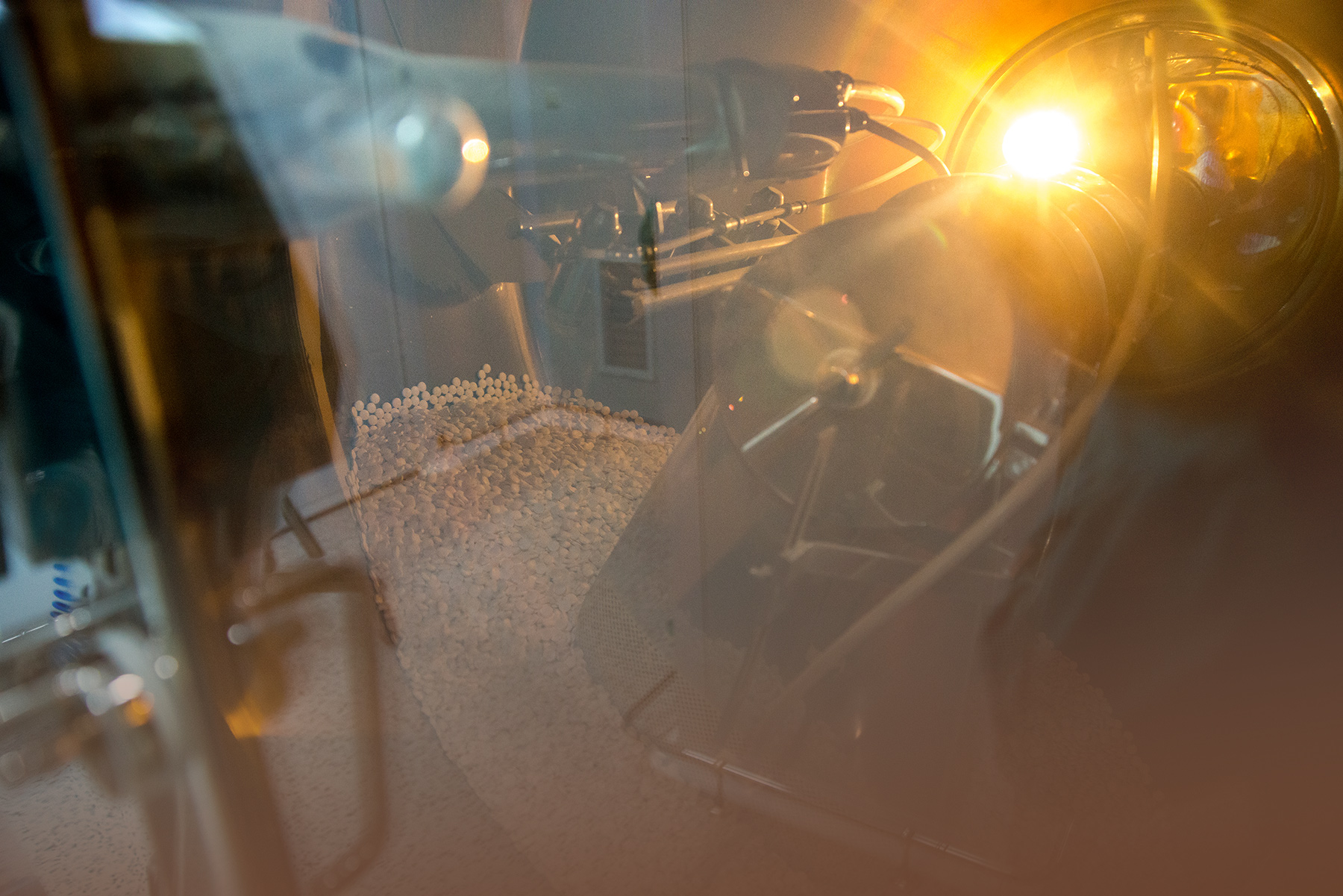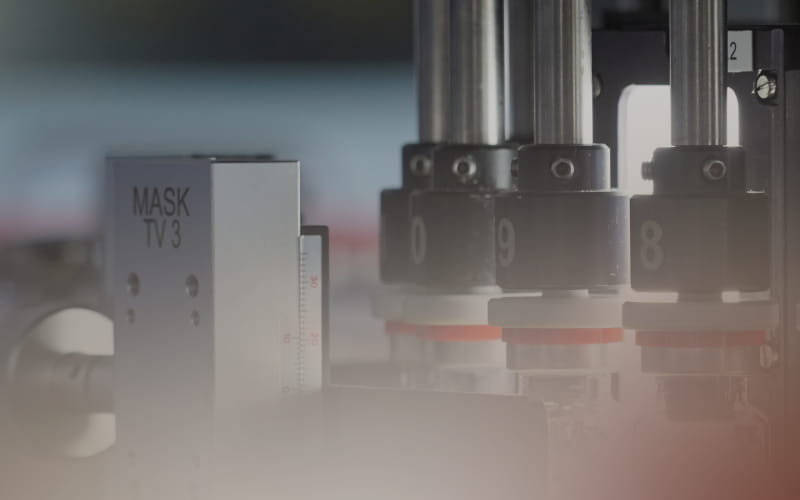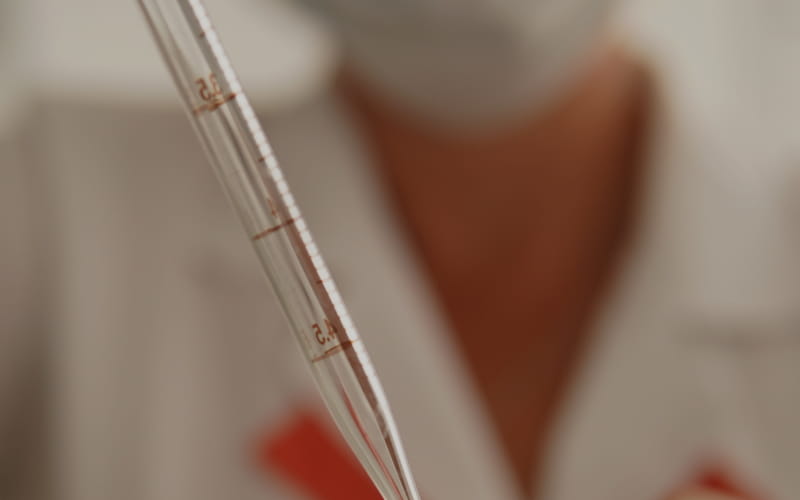
An innovative neuroprotector made available for Russian healthcare
The potential of Brainmax® to improving the effectiveness of neuroprotective therapy in patients with acute and chronic cerebrovascular diseases, cognitive impairments and asthenic syndrome of various genesis was discussed on March 26, 2022 at the Expert Council in Moscow

This innovative medicine features a unique triple mechanism of action through the protection of cells of the nervous system, restoration of damaged neurons and activation of the brain, providing enhanced neuroprotection. The know-how of the development and the production process belong to Promomed Group.
Brainmax® is effective in the complex therapy of acute and chronic disorders of cerebral circulation, various mild cognitive disorders, decreased performance, as well as for maintaining the body during mental and physical overloads, including athletes and specialists who work as operators. The drug is can be used for the rehabilitation of patients after COVID-19.
Professor Vladimir Zakharov drew attention to the fact that cognitive impairments, relevant at all times, became especially significant during the COVID-19 pandemic. Such complications occur in 80% of patients after COVID-19; rehabilitation of patients in the post-disease period must include neuroprotective therapy. The professor believes that application of Brainmax® is not limited to vascular disorders: "The potential for prescribing this drug is actually wider than it is described in the instruction for medical use."
Professor Marina Granovskaya comments: "The non-obvious combination of the drug components provides synergy in terms of the degree of neuroprotective effect. On the one hand, Brainmax®protects the cell from the effects of damaging factors, on the other hand, it optimizes energy production in the cell. Thus, the cell produces enough energy to ensure normal functioning even under conditions of hypoxia or stress. These effects determine the breadth of the pharmacological activity of the drug."
Professor Natalia Pizova outlined in her presentation the relevance of the problem of stroke and the demand for neuroprotective therapy for such patients at the stages of treatment and rehabilitation. "A randomized multicenter study demonstrated that Brainmax®has a pronounced neuroprotective effect that helps prevent the formation of a pathological cascade that occurs in the central nervous system secondary to acute cerebrovascular insufficiency. Thus, it is advisable to include the drug in the treatment regimens for acute cerebral circulatory disorders (ischemic stroke, transient ischemic attack), starting with parenteral administration at the hospital stage followed by taking capsules later," Natalia Pizova said.
Professor Igor Litvinenko shared data that the iron homeostasis disorders underlies the general mechanisms of progression of neurodegenerative diseases, such as Parkinson's disease, Alzheimer's disease and damage to the nervous system in COVID-19. In particular, multiple correlation analysis revealed significant associations between the levels of iron and ferritin and the neurodegeneration marker proteins. A high level of ferritin, often observed in patients after a coronavirus infection, may contribute to the transition of moderate cognitive impairment to dementia. In this connection, neuroprotective therapy with Brainmax®is of great importance in the rehabilitation of such patients.
Alexey Danilov, Doctor of Medical Sciences, suggested considering the potential of Brainmax® in patients with asthenia, those who constantly feels tiredness and weakness that reduce performance and does not disappear after sleep. Such conditions occur both in stressful situations at work, after work overload in operators (drivers, machinists, pilots, radar operators, etc.) and after infectious diseases, including the post-COVID syndrome. "Patients describe the post-COVID complex of symptom (cognitive impairment and asthenia) like a "brain fog".
Veronika Shishkova, Doctor of Medical Sciences, emphasized that "Brainmax is an actual and in-demand drug. Its use will very soon go beyond neuroprotection. Potentially, the drug could have wide application in cardiology, in the treatment of patients with myocardial infarction, chronic heart failure and other cardiovascular diseases."
Following the meeting of the Council of Experts, a resolution with key conclusions and recommendations was adopted. The meeting was attended by leading experts in neurology:
— Andrey Borisovich Danilov, Doct. Med. Sci., Professor of the Department of Nervous Diseases of the Institute of Professional Education of the Sechenov First Moscow State Medical University, Chairman of the Board of Experts of the Association of Interdisciplinary Medicine, Editor-in-chief of the "Manage Pain" journal
— Alexey Borisovich Danilov, Doct. Med. Sci., Head of the Department of Nervous Diseases of the Institute of Professional Education of the Sechenov First Moscow State Medical University, Executive Director the Association of Interdisciplinary Medicine
— Vladimir Vladimirovich Zakharov, Doct. Med. Sci., Professor of the Department of Nervous Diseases and Neurosurgery of the Sechenov First Moscow State Medical University
— Igor Alekseevich Voznyuk, Doct. Med. Sci., Professor of the Department of Nervous Diseases of the Kirov Military Medical Academy, Deputy Director for Scientific Activities of the Janelidze Research Institute of Emergency Medicine in St. Petersburg, Chief Neurologist of the St. Petersburg Health Committee
— Marina Viktorovna Putilina, Doct. Med. Sci., Professor of the Department of Clinical Pharmacology of the Medical Department of the Pirogov Russian National Medical University
— Sergey Anatolyevich Zhivolupov, Doct. Med. Sci., Professor of the Department of Nervous Diseases of the Kirov Military Medical Academy, St. Petersburg, Head of the Pain Treatment Center of the Ministry of Defense of the Russian Federation, expert of the Russian Academy of Sciences
— Olga Vladimirovna Vorobyeva, Doct. Med. Sci., Professor of the Department of Nervous Diseases of the Institute of Professional Education of the Sechenov First Moscow State Medical University
— Polina Igorevna Kuznetsova, Cand. Med. Sci., Researcher, neurologist at the Research Center of Neurology
— Anton Alekseevich Raskurazhev, Cand. Med. Sci., researcher, neurologist at the Research Center of Neurology
— Marina Viktorovna Granovskaya, PhD in Functional Genomics and Transcriptomics, Associate Professor in Systematic Medicine
— Veronika Nikolaevna Shishkova, Doct. Med. Sci., senior researcher, Head of the Department of Prevention of Cognitive and Psychoemotional Disorders at the Federal State Budgetary Institution "National Medical Research Center for Therapy and Preventive Medicine" of the Russian Ministry of Health
— Natalia Vyacheslavovna Pizova, Doct. Med. Sci., Professor at the Department of Nervous Diseases and Medical Genetics of the Yaroslavl State Medical University
— Vadim Vyacheslavovich Burtsev, neurologist at the intensive care wards of the Neurological Department of the Regional Vascular Center, physician of superior expert category
— Igor Vyacheslavovich Litvinenko, Doct. Med. Sci., Professor, Head of the Department and Clinics of Neurologic Diseases of the Kirov Military Medical Academy, St. Petersburg, Colonel of the Medical Service, Chief Neurologist of the Ministry of Defense of the Russian Federation



